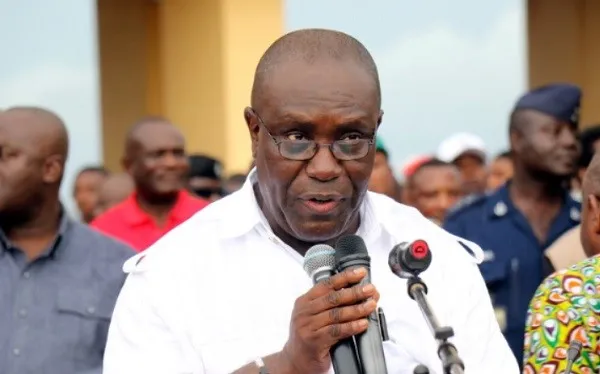The government’s intentions to impose a Value-Added Tax (VAT) on residential electricity consumption that surpasses lifeline units have the Trades Union Congress (TUC) clenching its teeth.
Dr. Yaw Baah, the TUC General Secretary, demanded at a press conference on Tuesday that the Finance Ministry revoke the directive.
He was adamant about opposing the tax and did not hold back when expressing the public’s worries and determination to do so.
“It’s always the poor people in this country, including pensioners, who bear the brunt. And we should not allow that to continue. Organised Labour, we have come together and our message to the government is very simple, we cannot pay VAT on electricity.
“We will not pay it today or tomorrow. Organised Labour is demanding the immediate withdrawal of the letter, and another directive from the Finance Minister to Ghana Grid Company (GRIDCo), ECG to stop the implementation of the VAT on electricity. We are giving the government, up to January 31, 2024, to withdraw the letter.”
He added, “If by that time the Minister of Finance fails to give a directive to GRIDCO and ECG, we will advise ourselves.”
The Ministry of Finance maintains that the announced measure is in line with the government’s medium-term strategy and the IMF-Supported Post-COVID-19 Program, despite criticism from some Ghanaians who claim it will drastically increase their charges, negatively impact businesses, and raise the cost of living in the nation.
In a letter dated December 12, 2023, Finance Minister Ken Ofori Atta instructed the Northern Electricity Distribution Company (NEDCO) and the ECG to coordinate with the Ghana Revenue Authority (GRA) in order to impose Value Added Tax (VAT) on residential electricity customers who consume more than the maximum amount allowed by block charges for lifeline units.
According to Sections 35 and 37 and First Schedule (9) of the Value Added Tax (VAT) Act, 2013 (ACT 870), the implementation was set to begin on January 1, 2024.
ECG has not yet put it into practice.

